The Alt Protein Project keeps growing—and so does its impact
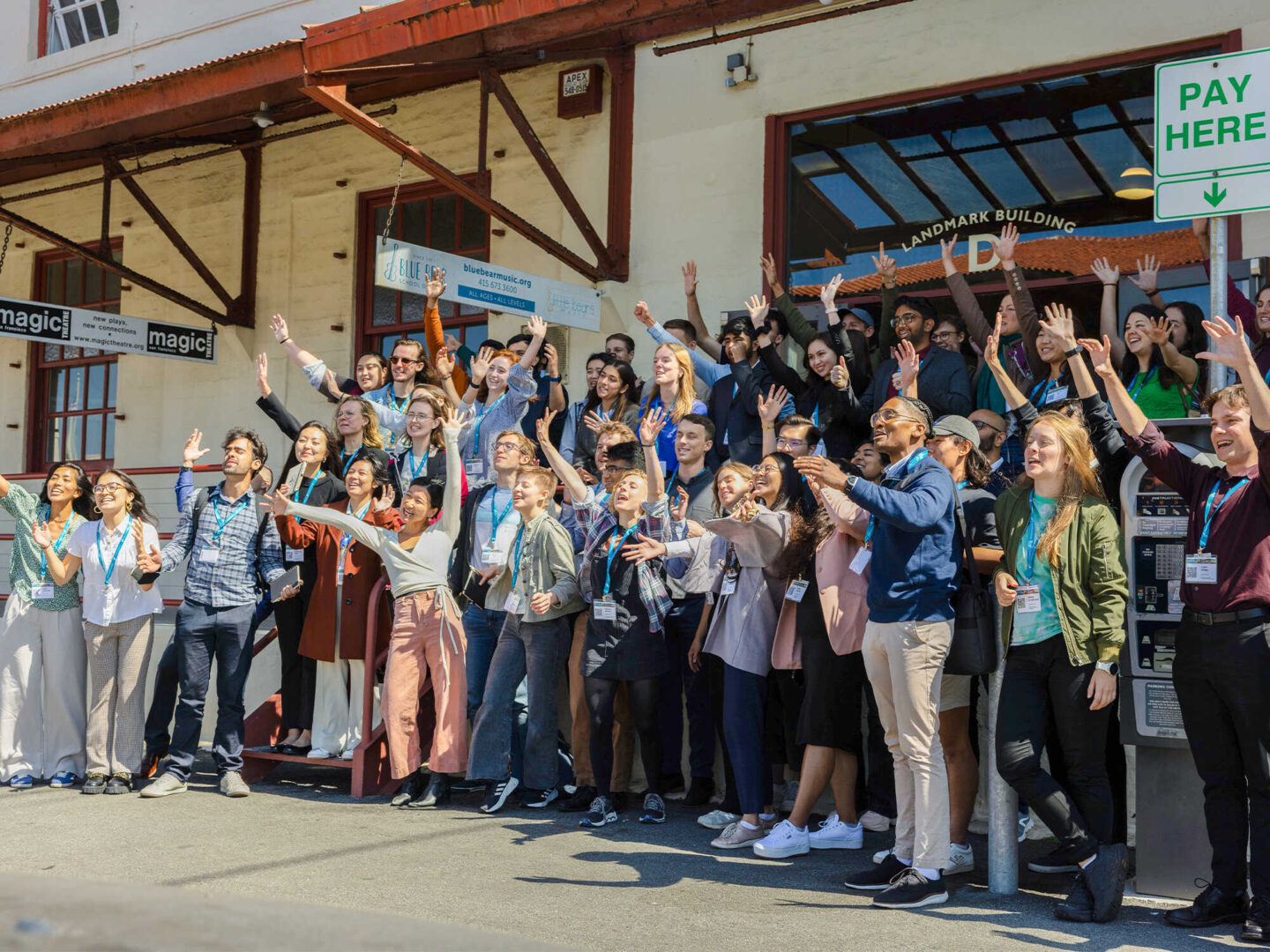
Students are bringing alternative proteins to the table at universities around the world
The Alt Protein Project continues to grow—reaching more campuses, crossing more borders, and deepening its impact as we enter our sixth year. We are thrilled to welcome 13 more groups to the APP community, each bringing fresh momentum to the global alternative protein movement.
With over 800 students now collaborating across disciplines, universities, and time zones, the APP is driving transformative change from the ground up. They are introducing alternative proteins to peers, researchers, and faculty through impressive initiatives, including for-credit courses on the future of food and student-led research on cultivated meat.
The 2025 APP cohort consists of 13 new groups hailing from nine different countries: Australia, Brazil, Canada, India, Italy, Nigeria, Türkiye, the United Kingdom, and the United States. The passionate students stepping up to lead these new groups bring a diversity of expertise to our community, from former executive chefs and nutritionists to researchers working on 3D-printed wagyu steaks.

Check out these bite-sized biographies of our 13 new student groups joining the Alt Protein Project in 2025
Australia
The Monash Alt Protein Project
Monash University is located in Melbourne, an Australian hub for biotechnology, agri-tech, and food technology. In addition to the city’s strengths in scientific innovation, the university has excellent programs in plant biology, tissue and biomedical engineering, and food technology. The Monash APP also benefits from research faculty on campus who are already active in the alternative protein field, such as Dr. Andrew Laslett, who studies stem cell applications for cultivated meat, and Dr. Sushil Dhital, who researches plant-based proteins and texturization.
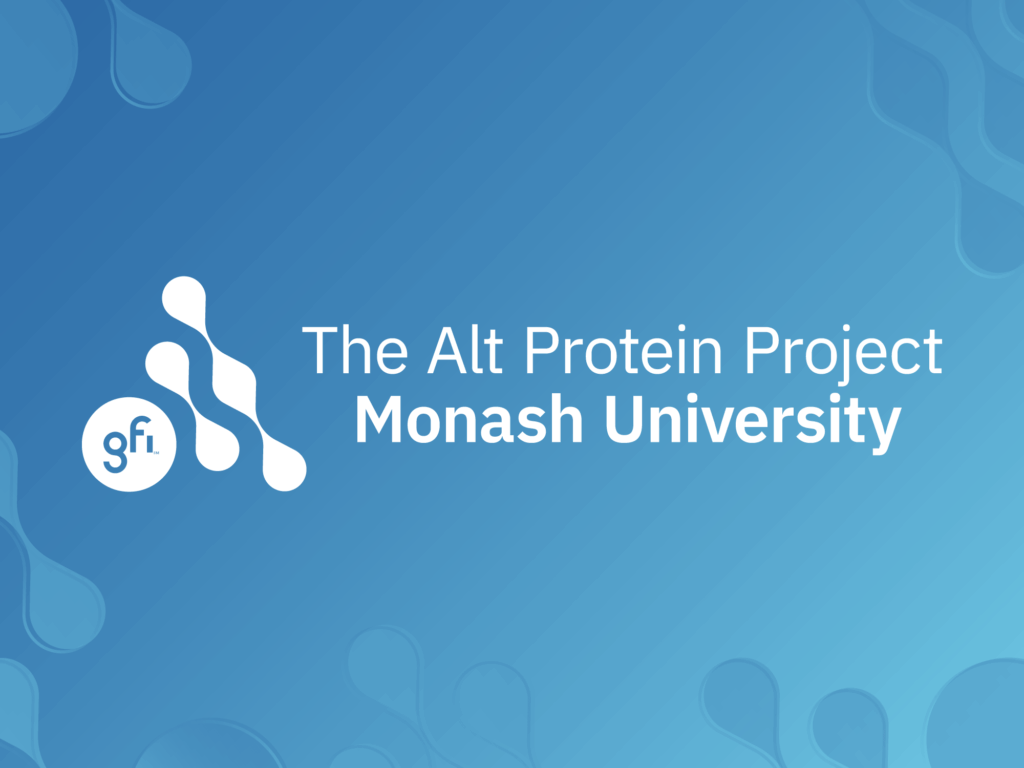
Brazil
The CNPAT-UFC Alt Protein Project
The CNPAT-UFC Alt Protein Project is led by student researchers at the Federal University of Ceará, already working in collaboration with EMBRAPA—one of Brazil’s leading agricultural research agencies and a key university partner. With its existing industry connections, strong academic programs in food engineering and gastronomy, and active research on plant-based ingredients and products, this driven group is primed for success in Northeast Brazil.
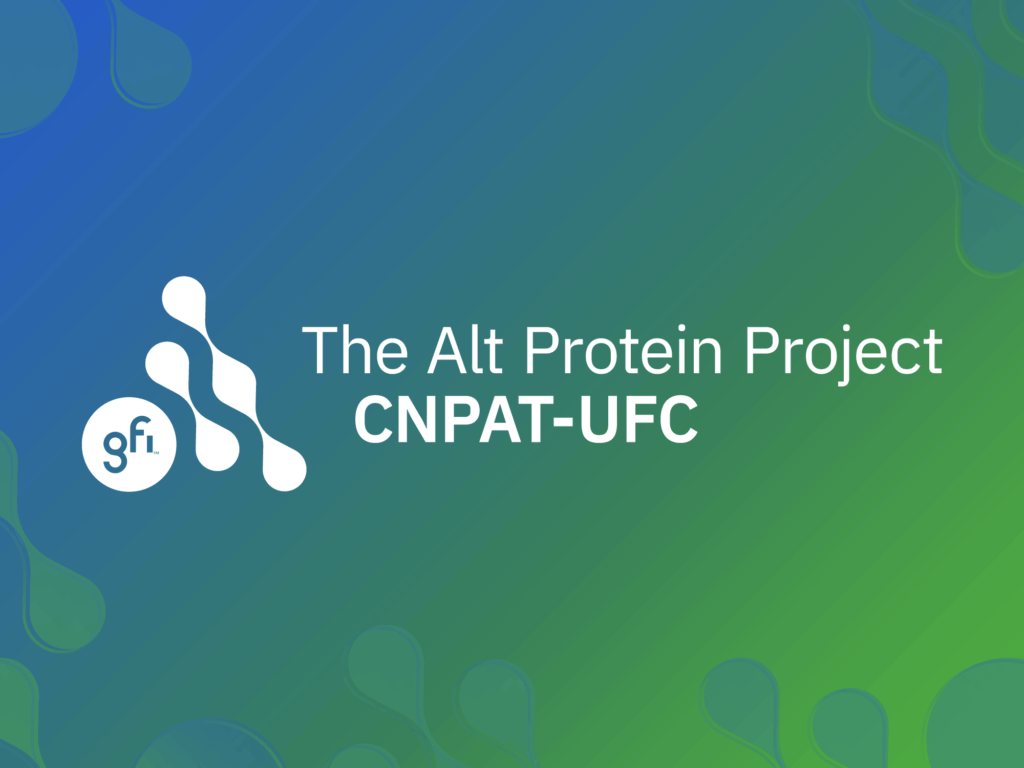
The UFRJ Alt Protein Project
The Federal University of Rio de Janeiro (UFRJ), Brazil’s largest federal university, is primed for alternative protein research and innovation. UFRJ is home to many plant-based protein research projects on beans, peas, and algae. It is also home to a Technology Park that hosts startups and bolsters academia-industry collaborations. The APP team at UFRJ also brings special expertise to our community, with many of the student leaders coming from nutrition and product development backgrounds, and even one former executive chef!
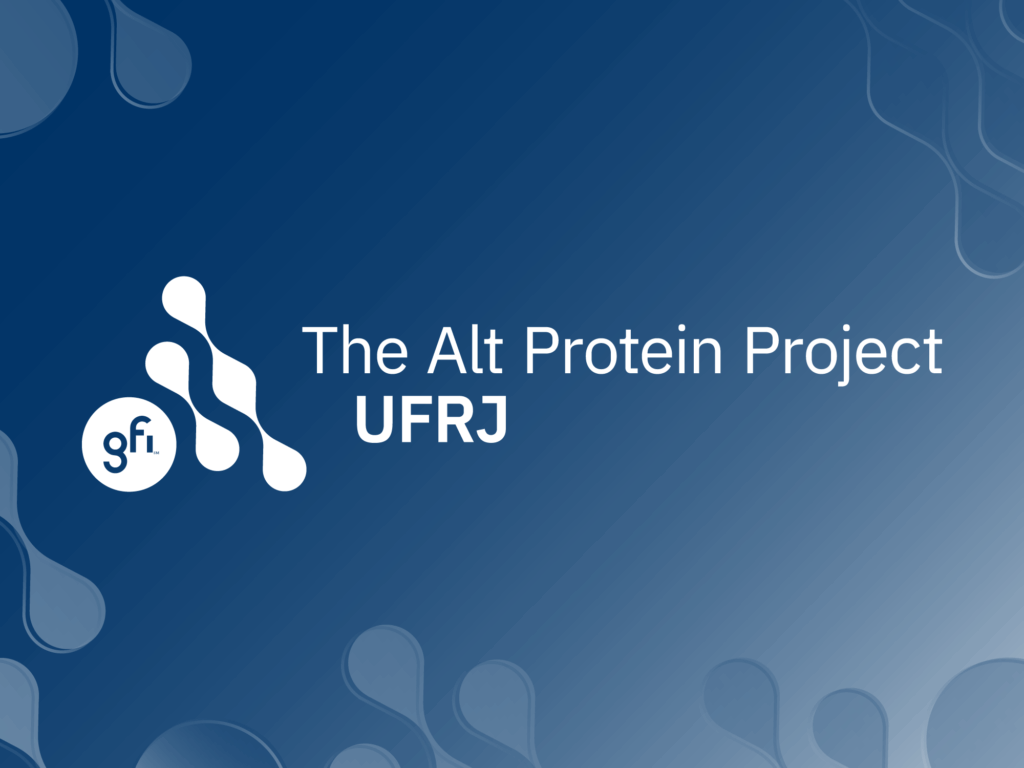
The UFRPE Alt Protein Project
The Rural Federal University of Pernambuco, located in Northeast Brazil, brings unique agricultural strengths to our community, with key departments such as agronomy and animal science. The founders of the UFRPE APP are already studying at the intersection of agriculture and plant-based proteins through research on beans grown by family farmers in their state of Parnambuco and their potential as alternative protein sources. This direct connection between smallholder farmers and alternative protein innovation provides a powerful opportunity to bring new perspectives to the alt protein field.
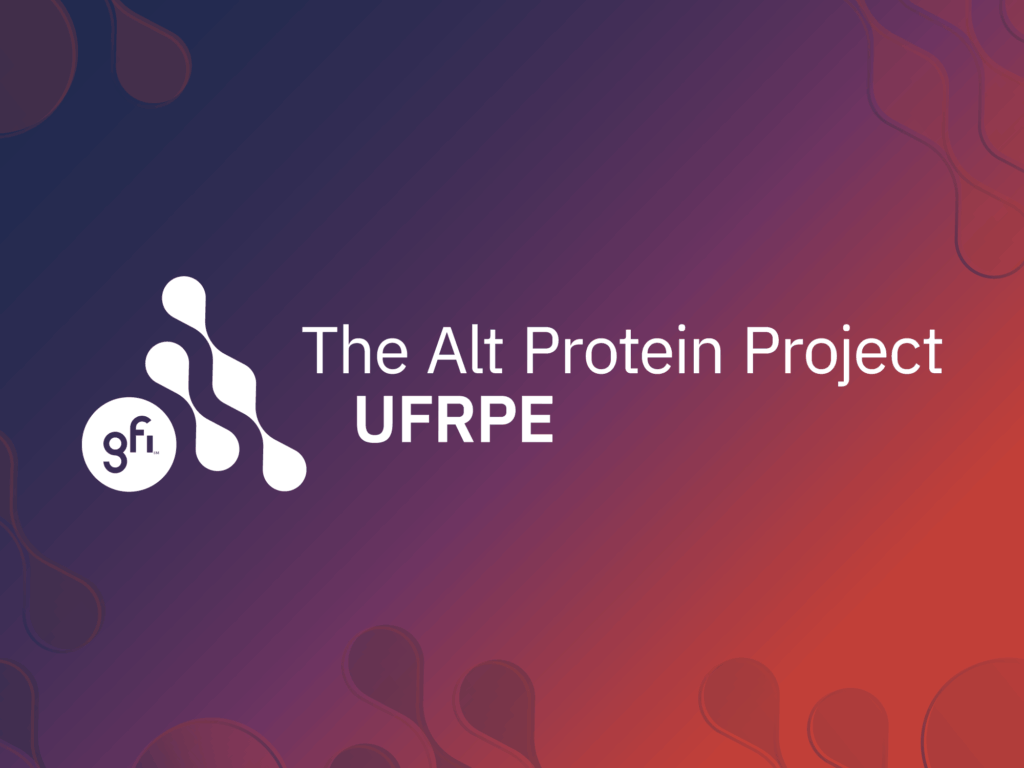
Canada
The University of Manitoba Alt Protein Project
The University of Manitoba is located in Winnipeg, Canada, and sits amidst the Prairies – a region rich in pulses such as dry beans and soybeans. Given this environment and their strong departments in food science and crop development, the university is well-positioned to pioneer plant-based protein research. It is already the host of the annual Manitoba Sustainable Protein Research Symposium. The student founders of this group are driving forward their own plant-based protein research involving fermentation, enzymatic hydrolysis, and cold plasma technology.
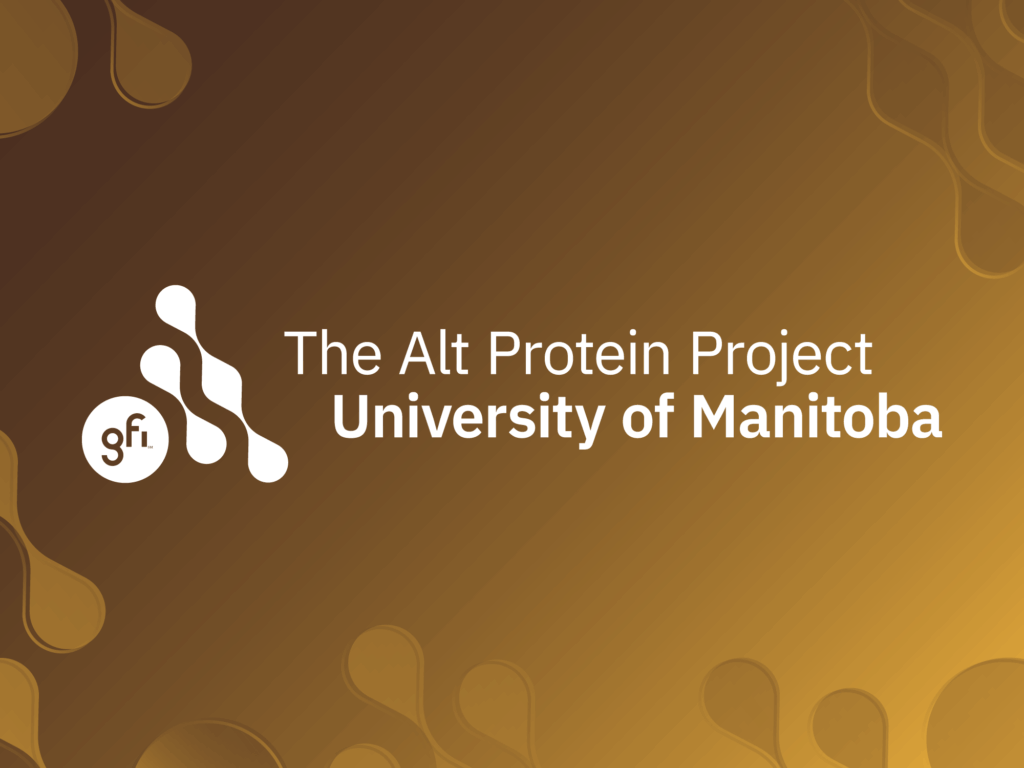
India
The Amity Smart Protein Project
Located in Uttar Pradesh, India, the Smart Protein Project team at Amity University Noida aims to connect alternative protein research with practical, mainstream adoption. In addition to advancing research and education, the team plans to collaborate with industry stakeholders such as chefs and street vendors. The university’s excellent programs in food technology, nutrition, and business, as well as an Innovation and Entrepreneurship Cell that bolsters student-driven innovation, undoubtedly position the APP team to achieve their goal of connecting alternative protein research with industry.
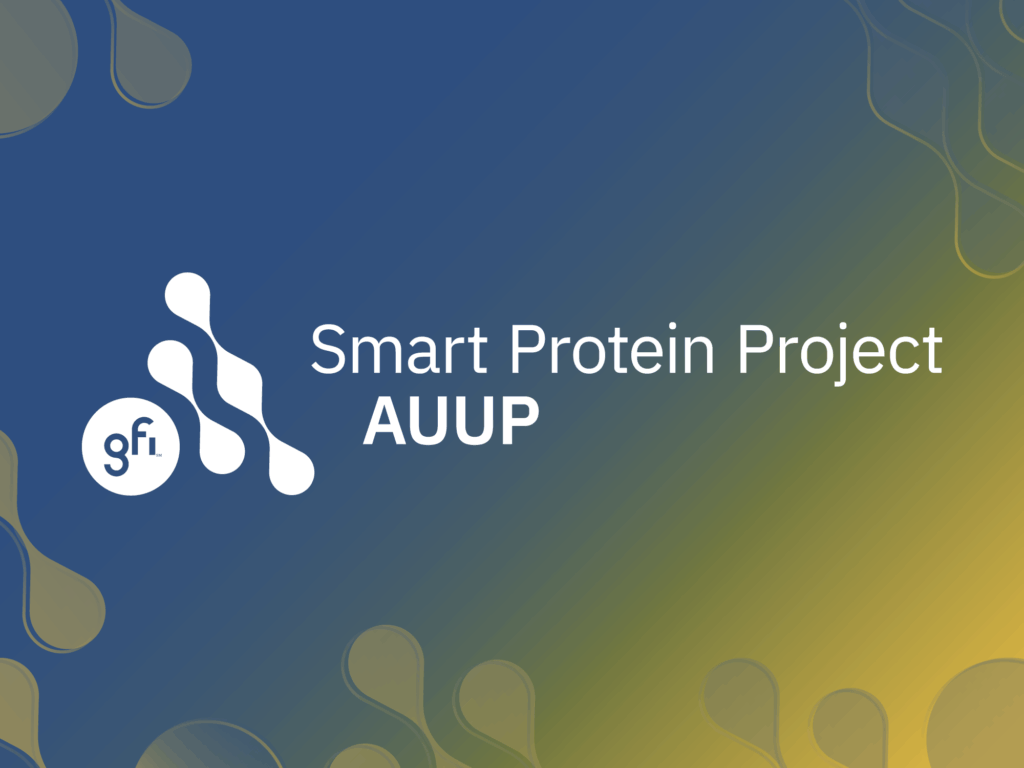
Italy
The Milan Alt Protein Project
The Milan APP is composed of two universities nested within Italy’s business hub: The Polytechnic of Milan and the University of Milan. Given Milan’s position as Italy’s business hub and both universities’ excellence in biomedical, chemical, materials, and food engineering, it is no surprise that the leaders of this new APP are already deeply engaged in cultivated and plant-based meat research. Through their involvement with Agricoltura Cellulare Italia, the team has also built valuable connections with researchers across Milan’s academic community working at the forefront of cellular agriculture and alternative proteins.
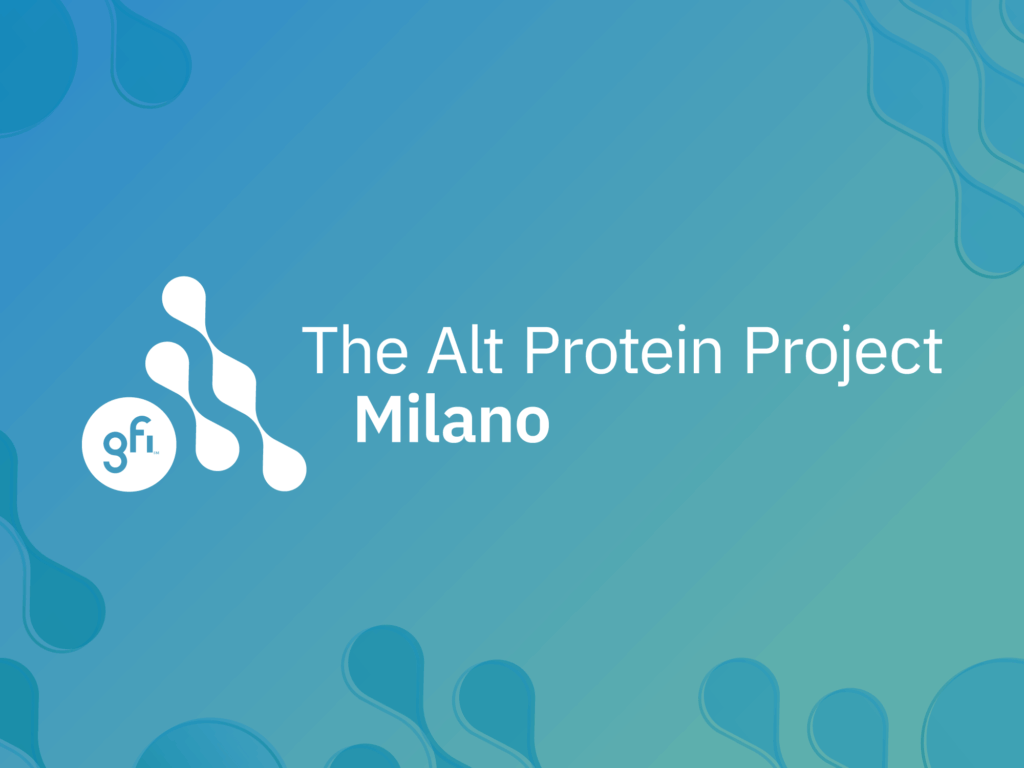
Nigeria
The University of Ibadan Alt Protein Project
The University of Ibadan, the oldest university in Nigeria, joins our community with strengths in food technology and agriculture. The founding students come from a food technology background, with a particular interest in how alternative protein research and education can help us achieve the UN’s Sustainable Development Goals. The university’s agriculture school is home to an array of relevant departments, including crop protection, environmental biology, and agronomy, creating a perfect opportunity for interdisciplinary research and innovation in alternative proteins.
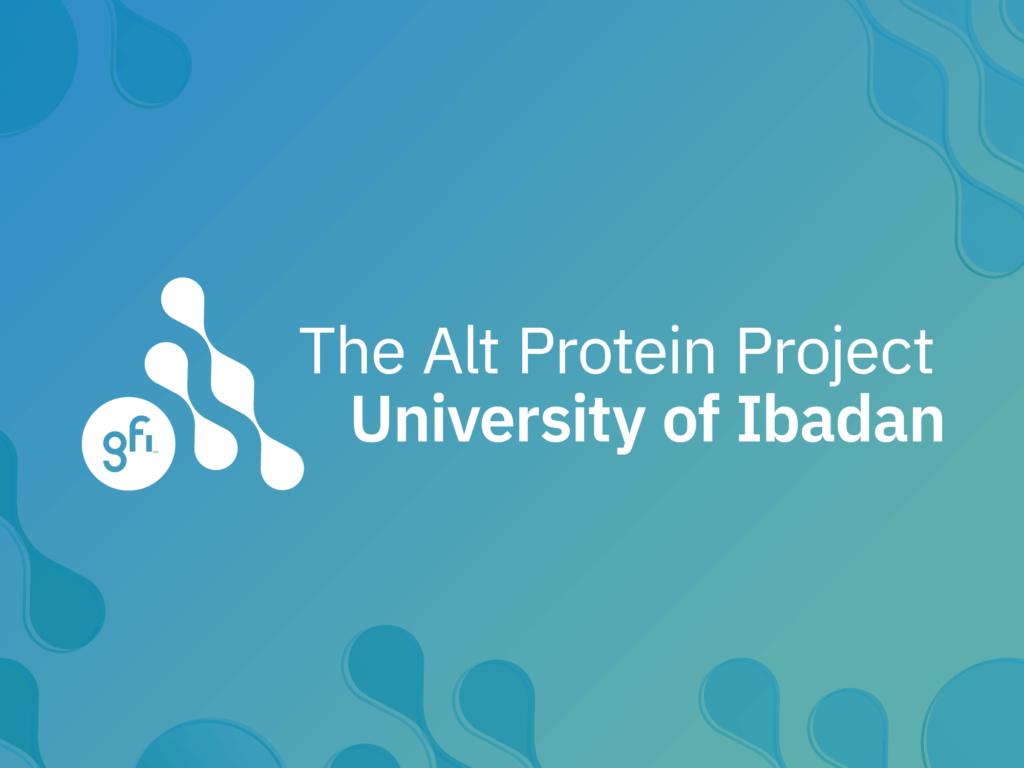
Türkiye
The METU Alt Protein Project
The Middle East Technical University (METU), located in Ankara, Türkiye, is already deeply engaged in alternative protein research and education. Within the Department of Food Engineering, the university leads two EU-funded research projects: APRISE, which focuses on developing new alternative proteins from regional crops, and Proximed, which aims to integrate alternative proteins into the Mediterranean diet. With strong expertise in plant-based protein extraction, characterization, and food structure and functionality, the food engineering department positions METU as a leader in alternative protein research and innovation.
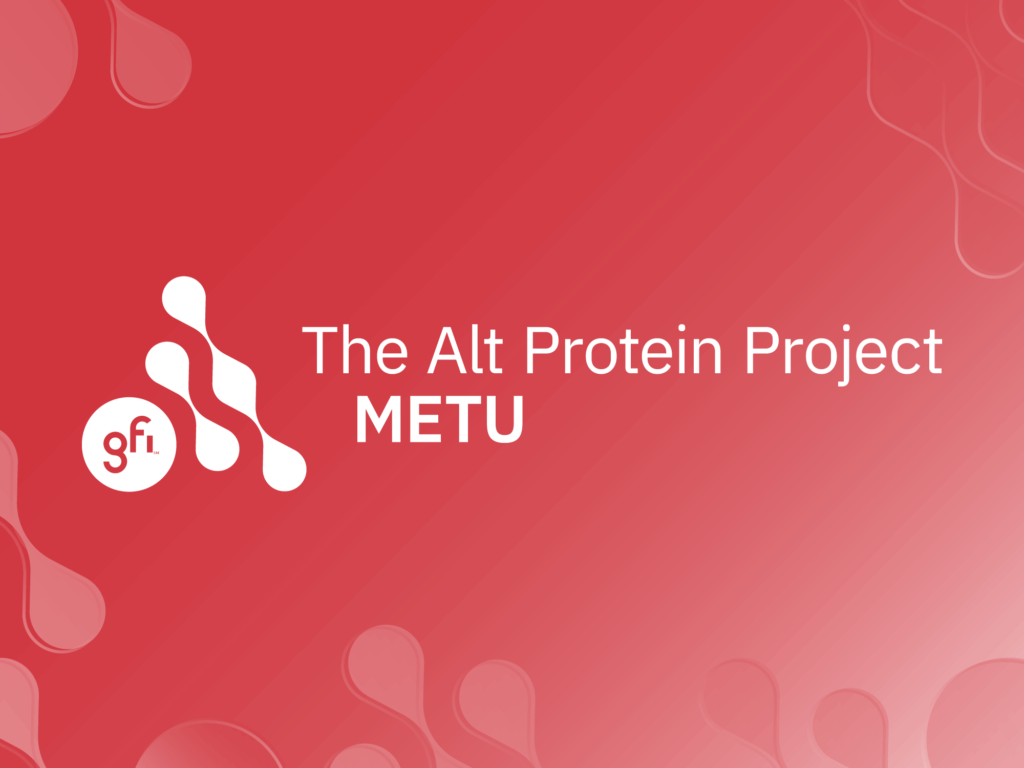
The United Kingdom
The Reading Alt Protein Project
The University of Reading is a public research university that joins the APP community with significant research infrastructure and a deeply collaborative spirit. Researchers from Reading’s Department of Food and Nutritional Sciences are partnering with the Bezos Centre for Sustainable Protein at Imperial College London to explore sustainable proteins. On-campus facilities, including the Food Processing Centre, Flavour Centre, and Sensory Science Centre, support these efforts. With the support of these incredible research facilities, the Reading APP team can bridge the gap between science and practical applications in the alternative protein ecosystem.
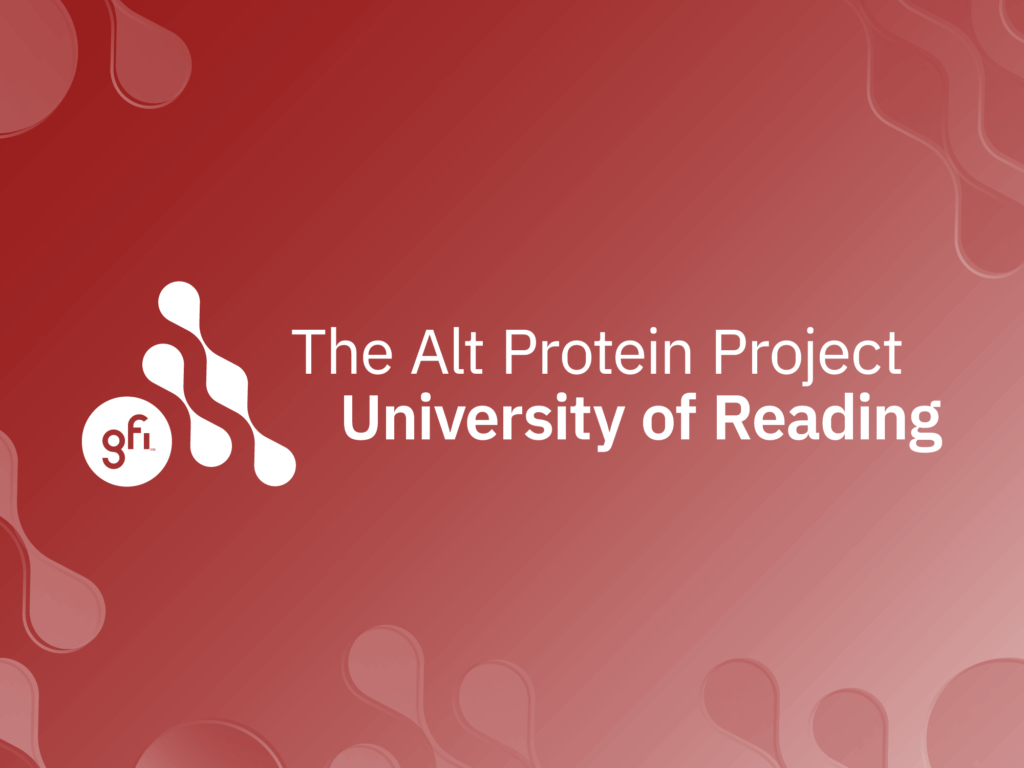
The United States
The Alt Protein Project at UMich
The University of Michigan, in Ann Arbor, Michigan, is an engineering powerhouse of the United States, with strong departments in bioengineering and environmental science. The university is also home to the Center for Sustainable Systems, which has already conducted life cycle analyses for plant-based meat products. The founding team is eager to fold alternative proteins into existing courses on tissue engineering and sustainable food systems, in addition to working with existing champions like Dr. Andy Jones, a public health and nutrition professor exploring how our food system impacts climate change.
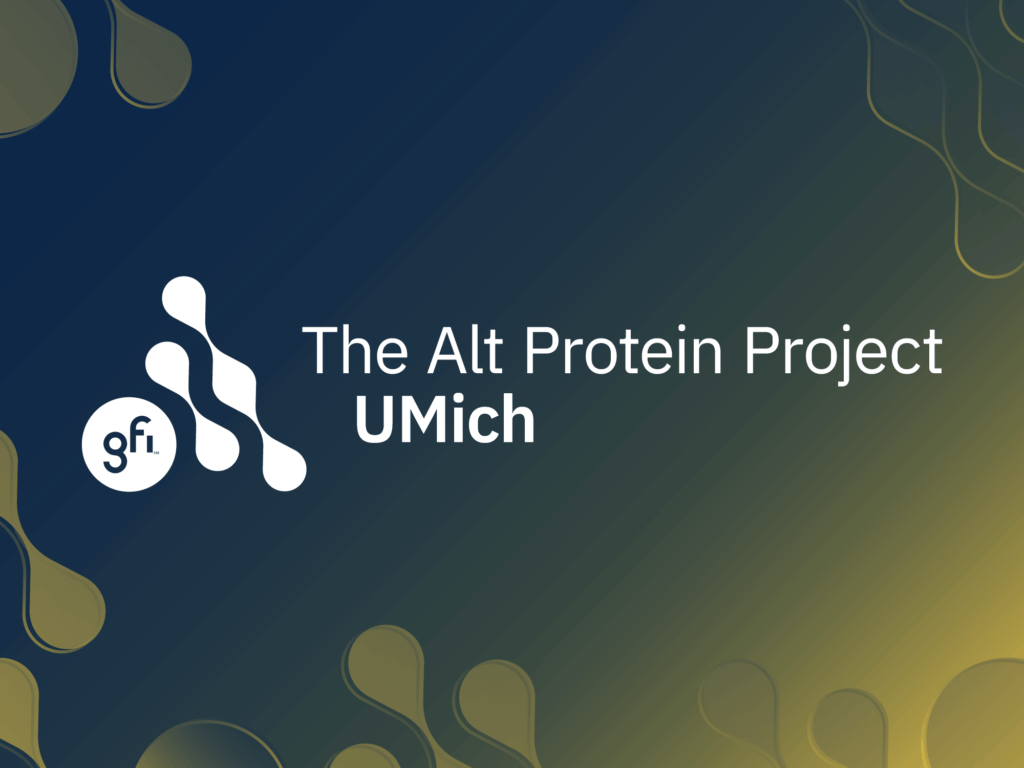
The Carnegie Mellon Alt Protein Project
Carnegie Mellon University (CMU), based in Pittsburgh, Pennsylvania, is revered for its engineering and research around the world. The founders of the CMU Alt Protein Project bring valuable experience in building community and raising awareness, having launched a cultivated meat club for students in 2024. The co-founders are also leaders in alternative protein research, given their work in 3D printing wagyu steaks using bovine cells in Dr. Rosalyn Abbott’s lab.
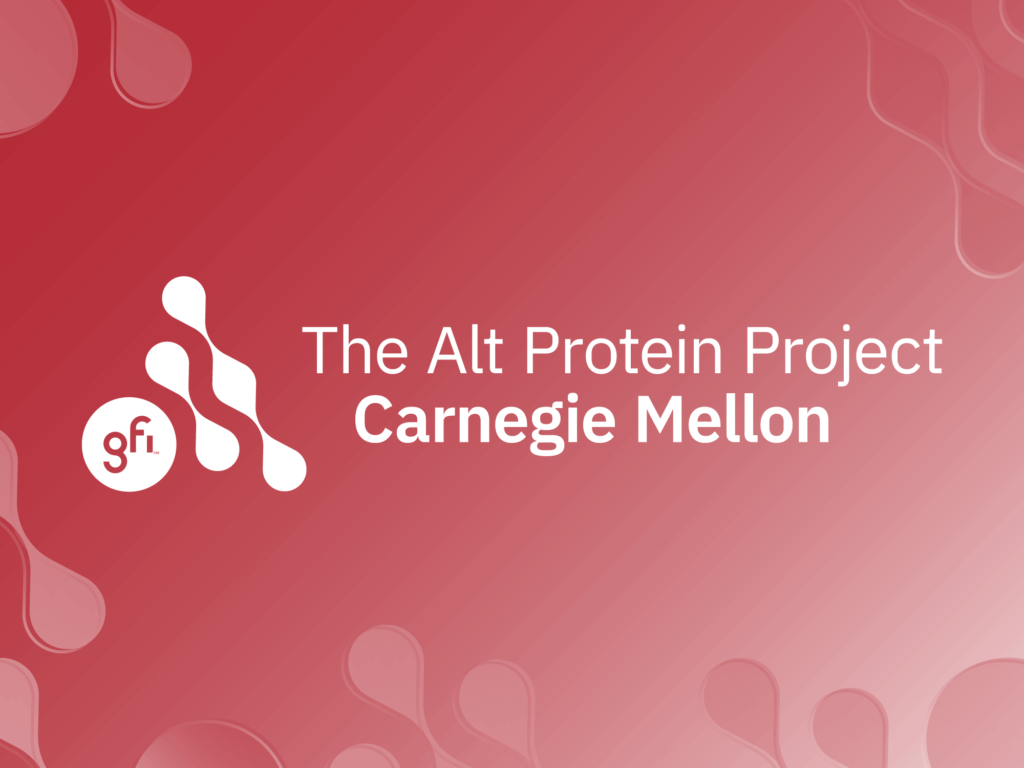
The Howard University Alt Protein Project
Located in Washington, D.C., Howard University is poised to become a leader in alternative protein research following its designation as an R1 research institution in 2025. The university’s strong academic structures, such as the Department of Earth, Environment, and Equity and the Research and Engagement Center on Climate and Health, offer rich opportunities for collaboration in alternative proteins. Dr. Solmaz Tabtabei, a plant-based protein researcher in the Department of Chemical Engineering, will also support the Howard APP.
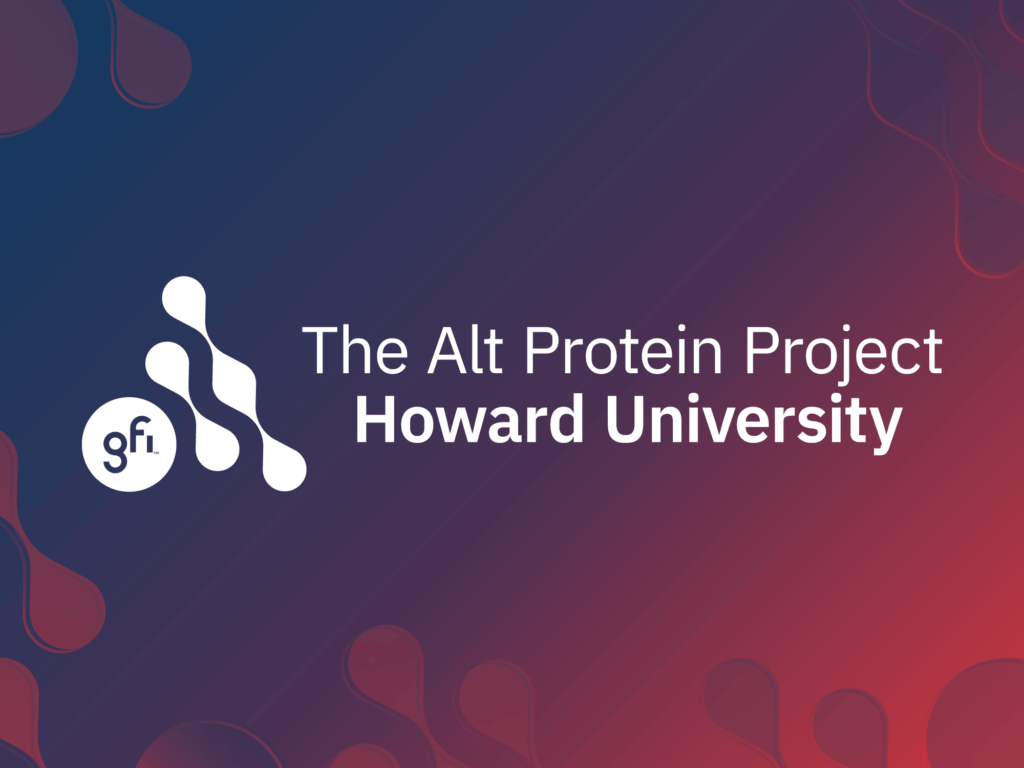
To learn more about the 76 groups of the Alt Protein Project or to connect with a group near you, visit our group directory or reach out to us directly.
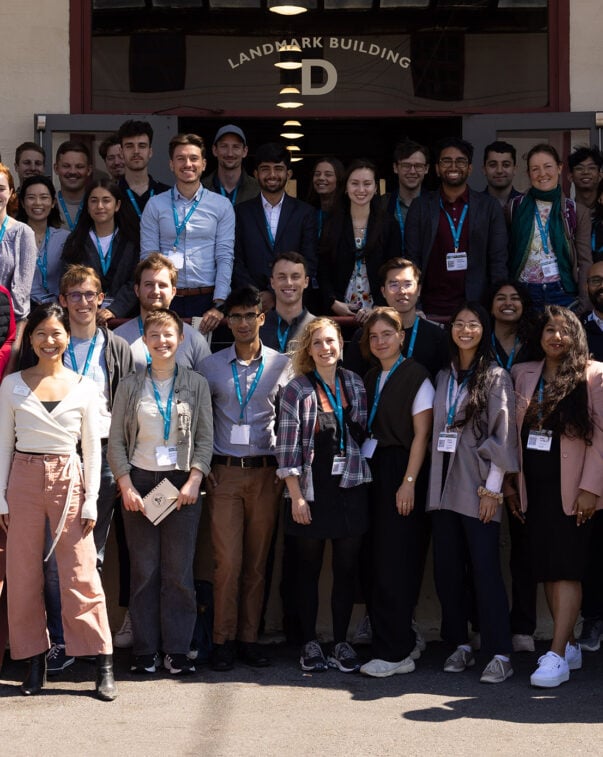
Impact stories of the Alt Protein Project
Curious about the full scope of our global reach? Visit our impact page to explore highlights from around the world. You can also follow us on LinkedIn to stay up to date on the incredible things these groups accomplish.

Support alternative protein
The Alt Protein Project (APP) exists thanks to GFI’s global community of generous donors. Learn more about making a gift here.

